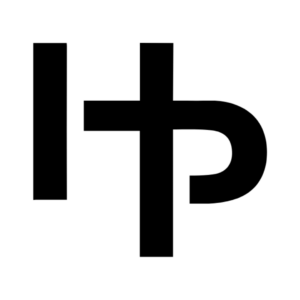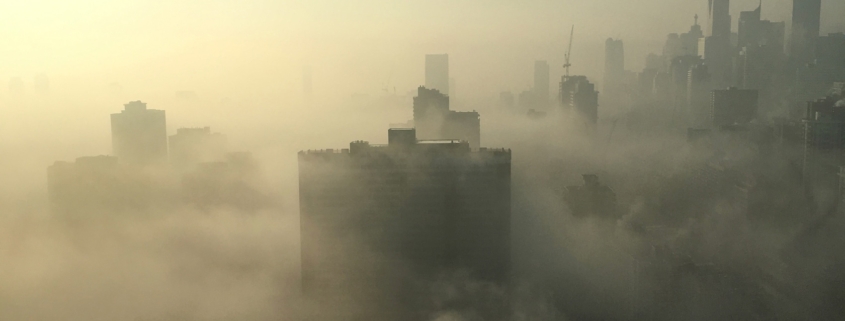Ever feel fuzzy, have trouble concentrating or remembering things? How about problems sleeping or losing weight? You may have toxin overload.
Would you be surprised to know you may be exposed to hundreds of thousands of different toxic chemicals every day? With estimates upwards of 700,000, the number of toxins most people are exposed to daily is staggering.
The battle against everyday toxins has placed more stress on the body than ever before. It’s gotten so bad that scientists refer to the “toxic body burden” – the number of toxins stored or passing through a body at any given time. A study by the Environmental Working Group reported that the average person carries 91 toxic chemicals in their blood and urine (1).
Constant exposure to chemicals can have severe effects on your health. And with the addition of hundreds of new chemicals produced every year, your body doesn’t stand a chance without support!
In this article, I’ll discuss toxins and give some tips to manage your toxic burden. In subsequent articles, I’ll dive further into the subject to help you improve your health and performance.
What are toxins?
A toxin is a chemical substance that causes damage to an organism. Some chemicals are more toxic than others – think PCBs and dioxin in hazardous waste sites. However, toxins are pretty much everywhere — in the air you breathe, the food you eat, and the water you drink. They’re also in products you use every day like household cleaners, drugs, alcohol, pesticides, fuel, and beauty products.
In the human body, any chemical can be harmful. How harmful depends on the type of chemical and exposure level, as well as individual factors like age, health, and sensitivity to the toxin.
Toxins and detoxification
Your body is continually working to eliminate toxins from your system through detoxification processes. Your entire body is involved in the fight against toxins – from your organs to your respiratory and lymphatic systems and skin. However, with the increased exposure to toxins today, and without some extra help, your body’s detoxification system can overload.
The liver, kidneys, and colon are the three main organs that eliminate toxins. The liver is the primary detoxifying organ and breaks down toxins for elimination using two pathways. I’ll dive into how these pathways work in another article. The critical thing to remember is that if your liver is not healthy, your body cannot filter out toxins efficiently.
How do toxins affect health?
We’re still learning more about the consequences of chronic chemical exposure, as well as the myriad combinations of chemicals on health. But what we know for sure is that toxins can damage most of your body’s organs and systems and affect your health in various ways.
- Toxins can suppress immune processes, contributing to infections and diseases like cancer (2).
- Toxins in the respiratory system can cause asthma and death from asthma (3).
- Toxins can disrupt your body’s hormones, leading to a range of health issues like reproductive problems, early puberty, obesity, heart disease, and cancer (3).
- Toxins damage DNA, adding to the rate of ageing and degeneration (4).
- In the nervous system, toxic damage causes neurotoxicity, altering the normal functioning of the brain as well as other areas of the nervous system (5).
- Toxins in the bloodstream affect the body’s ability to metabolise and balance blood sugar, contributing to increased body fat.
- Toxic overload can lead to chronic digestive issues like inflammation and Irritable Bowel Syndrome (IBS).
How to reduce your toxic burden
So how can you reduce your toxic body burden?
While it’s impossible to avoid chemicals altogether, there are things you can do to minimize the toxins added to your body. Here are some tips:
- Learn what is toxic in your environment and limit exposure by changing what you can.
- Drink lots of filtered water to support your kidneys in flushing toxins from your body.
- Eat a healthy diet with nutrient-dense whole foods, organic fruits and vegetables, avoiding foods that increase inflammation and susceptibility to toxins like processed foods and refined sugars.
- Improve your gut health to address the root of where many diseases begin. Learn more about how to enhance your gut health in our Digestion and Gut Dysbiosis series.
- Take nutritional supplements that strengthen your natural defences and your body’s ability to detoxify. I recommend these powerful antioxidants:
- N-Acetyl Cysteine (NAC) – an amino acid that is a precursor to glutathione, the body’s most potent antioxidant, protects against regular exposure to heavy metals and helps promote optimal detoxification.
- Chlorella-Komplex – an antioxidant superfood that helps increase the beneficial bacteria in the intestine, supports healthy blood sugar levels, provides immune system support, and aids detoxification.
Disclaimer
Always speak with your physician or other healthcare professionals before making any nutritional & lifestyle changes or before taking any nutritional supplement. For more information, please view our terms & conditions.
References
Consultations
If you would like to book a Consultation with Roan, or explore the possibility of starting our online training programme, please head to our Consultations page for more info on how to do this.



